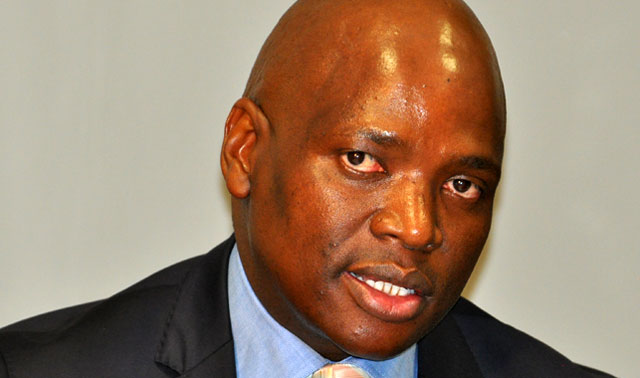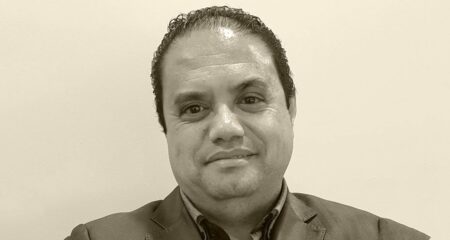
The media encourages young people to become criminals when it reports on crime, SABC chief operating officer Hlaudi Motsoeneng has said in a television interview.
But when asked if the same principle would apply to corruption, he paused before coming up with an answer.
A clip of the interview on KykNet’s show Insig, presented by Rapport editor Waldimar Pelser, was posted on YouTube on Tuesday.
Motsoeneng started off by criticising journalists for inaccurate reporting and explains why the media needs to be regulated.
When asked for an example of where a journalist got his or her facts wrong, Motsoeneng launched into the “crime” example.
“Maybe we need to understand the role of media. The role of media is to influence the mindset of people, young and old. Let’s take example [sic] – the young ones. If you always put crime on media, you report about crime… actually what you are doing you are encouraging young people to commit crime,” said Motsoeneng.
Pelser asked: “By reporting on crime?”
To which Motsoeneng replied: “Yes, I’m just giving you an example.
“If you are always reporting about crime and people who appear on the newspaper or on media in general, it’s about crime, you are also influencing the one young ones to commit crime because they will believe that for me to be seen I should commit crime.”
Pelser then asked: “What do you think is the consequence of reporting on corruption?”
Motsoeneng repeated, “the consequence of reporting on corruption”, before pausing, and then asking puzzled, “what kind of corruption?”.
“It depends whether it’s a real corruption [or] if people are just talking about issues,” he then said, before rambling on about how many houses were built at President Jacob Zuma’s controversial Nkandla home in KwaZulu-Natal, saying the media wrongly combined the number of houses that were built.
“You have 10 houses, someone come and build five houses – it is 15 houses, but you combined those houses together – you are misleading people. Because what you need to focus on, is you have these houses that have been built. You also have new houses. You need to separate the two.”
He was then asked if he thought the South African government sometimes lied to its citizens.
“Government lie? I don’t have evidence to come here and say government lies. I don’t know. I have never hear [sic] anything about government lying.”
But is it not the duty of journalists to check facts the government puts into the public domain, asked Pelser.
Motsoeneng replied: “No-one is saying journalists should not report. But what we are saying is they should report the facts…we are not saying they should report about whatever…. they should not just go with hearsay.” — News24




